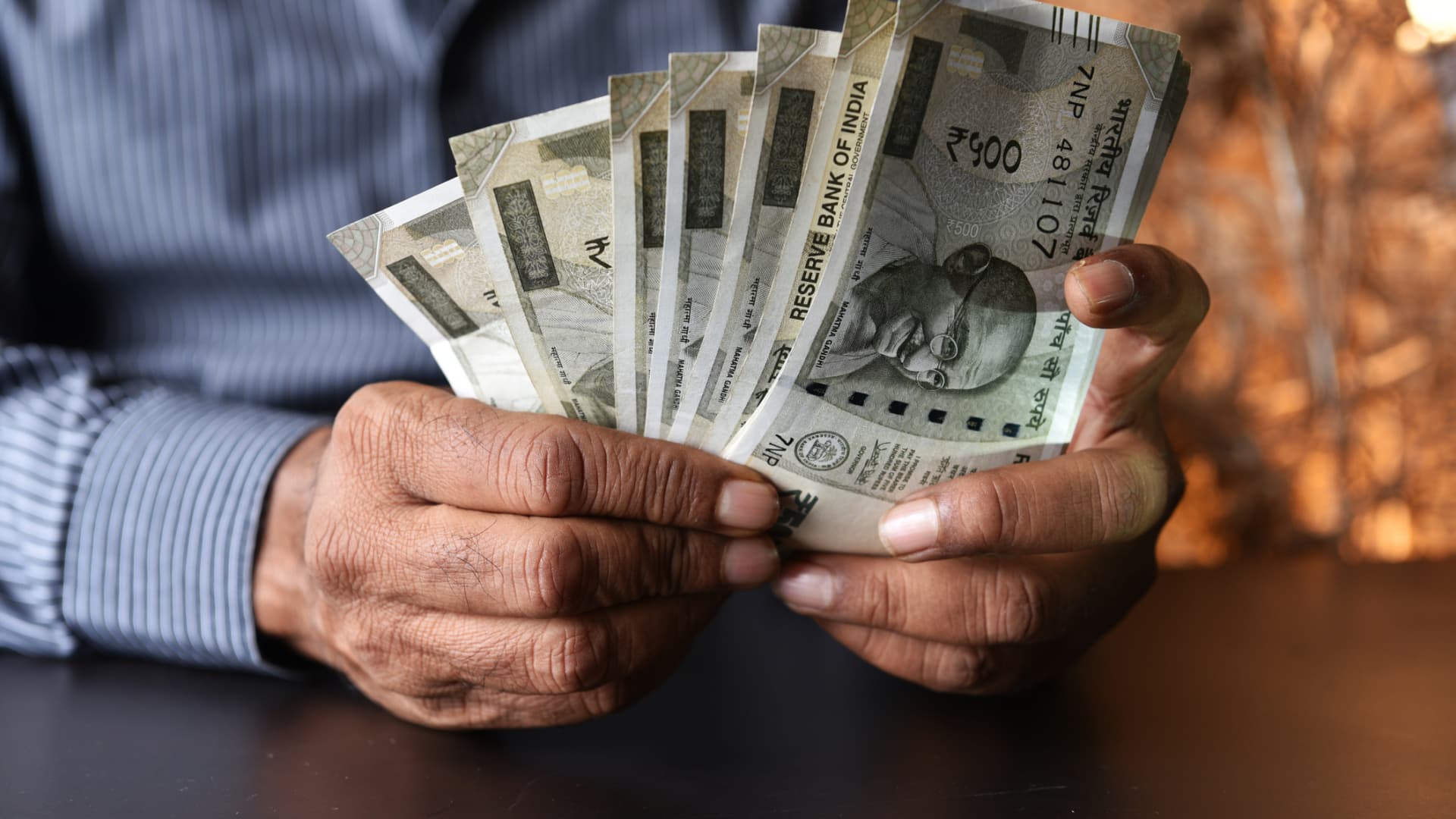Oil trades have sometimes been settled in the Chinese yuan, Russian ruble or Indian rupee, but the idea of “de-dollarization” — or moving away from the U.S. dollar to settle trades in other currencies — is still far away.
“I would like to be able to transact everything in rupees. That’s my personal [view],” India’s Oil and Gas Minister Hardeep Singh Puri told CNBC in an exclusive interview on the sidelines of the Business 20 meeting in New Delhi.
However, the U.S. dollar will remain the currency of choice for transactions in international oil markets, he told CNBC’s Tanvir Gill.
“I don’t know what kind of change [the dollar needs to] be affected but I don’t see it … It’s not so easy.”
Foreign settlement
Indian refiners have started paying for some Russian oil imports in Chinese yuan, according to a Reuters report in July citing sources with direct knowledge of the matter.
Russia was cut off from the SWIFT financial-messaging system and widely sanctioned following the Kremlin’s full-scale invasion of Ukraine. As a result, Moscow and its customers have been forced to find alternatives to the greenback for settling payments.
The U.S. dollar has long been the main global oil currency, including for purchases by India.
Reuters also reported that China has shifted to the yuan for most of its energy imports from Russia, which overtook Saudi Arabia to become China’s top crude supplier in the first quarter this year.
“Some refiners are paying in other currencies like yuan if banks are not willing to settle trade in dollars,” Reuters said, citing an Indian government source.

Oil has also been settled in Indian rupees. On Aug 14, Reuters reported India Oil Corp, the country’s top refiner, made payment to the United Arab Emirates for the purchase of a million barrels of oil.
This comes after the two nations signed a memorandum of understanding in July to establish a framework to promoting local currencies for cross-border transactions.
Indian media widely reported in April that the Ministry of External Affairs had announced India and Malaysia were starting to settle their trade in the Indian rupee.
Part of de-dollarization trend?
In light of this, Puri was asked if the Indian rupee could be part of the de-dollarization trend, especially in the oil market?
Not quite, the oil minister said.
I wish the Indian rupee should be the lead currency in the world. But I’m also a realist.Hardeep Singh PuriIndia’s Oil and Gas Minister
“The main point is that … there are arrangements, but the transactions which are taking place, how many per cent is coming in rupees?”
At the BRICS summit in South Africa, Brazilian leader Luiz Inácio Lula da Silva noted the bloc continues to study the possibility of a common currency. That could “increase our options for [a] means of payment and reduce our vulnerabilities,” he said, according to an official summit translation.
“Does that mean that an alternate global currency has come?” Puri asked.
“We heard about decoupling. But these international arrangements, trading arrangements, payment arrangements, these have been in place for a long time,” he added.
As such, he thinks it will be a “long journey” for the Indian rupee to gain the sort of prominence in the world that the U.S. dollar has.
“I wish the Indian rupee should be the lead currency in the world. But I’m also a realist,” he told CNBC.
“I mean, if I ran a $4 trillion economy and 50% of it is in the external sector, then I know that I only have $2 trillion of international transactions, whereas the U.S. and other countries [have more than me].”
